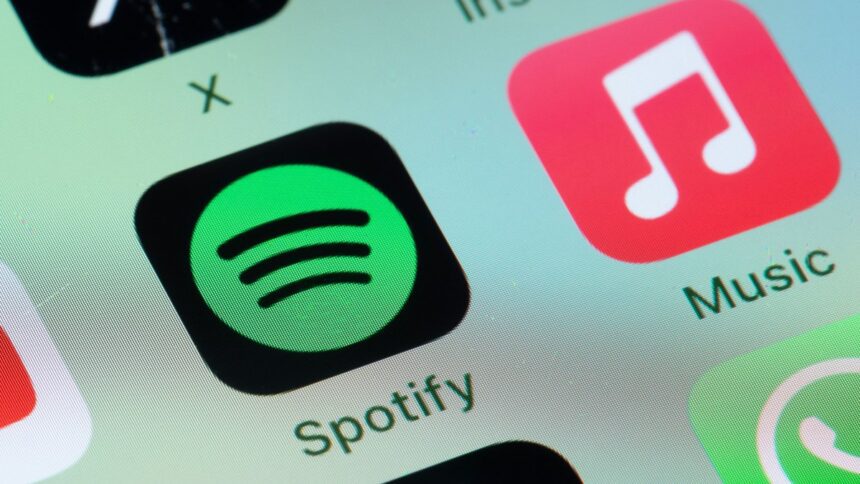Spotify welcomes the European Commission’s decision to hold Apple accountable for anticompetitive practices in the streaming music market with a significant €1.84 billion fine. Describing the fine as a symbol of a “strong message,” Spotify emphasizes that it highlights that even a dominant player like Apple cannot unfairly wield its power to control how other companies engage with their customers.
“Today’s ruling is a significant milestone in the battle for a more open internet for consumers. The European Commission has clearly stated that Apple’s actions restricting communication with consumers are illegal,” Spotify stated in a post on its official blog.
Despite the European Commission ruling in favor of Spotify and other streaming platforms against Apple, Spotify remains wary of Apple’s future actions. Apple has already stated its intent to challenge the ruling, prompting Spotify to underline that the upcoming steps are crucial in addressing Apple’s longstanding unfair practices conclusively.
“Apple has frequently disregarded laws and court rulings in other jurisdictions. Therefore, we are eager to see how the following processes will address Apple’s unjust practices effectively,” Spotify remarked.
Apple creatively circumvented the requirements of the EC’s Digital Market Act aimed at fostering competition in the app store market by introducing a new fee, the Core Technology Fee, for iOS developers adhering to the new rules, indicating a method to regain lost revenue.
Spotify is concerned that Apple may find loopholes to evade future regulations unless they are meticulously outlined.
The Financial Times previously reported the fine would be approximately €500 million (around $539 million USD). The final decision aligned with their prediction, although the actual fine exceeded their estimate.
This ruling follows years of objections raised by Spotify and other smaller competitors like Deezer against Apple’s App Store policies. In 2019, Spotify lodged an antitrust complaint against Apple, leading to the EU’s formal investigation of Apple’s App Store practices announced in 2020. In the subsequent year, the EU issued a statement accusing Apple of distorting competition within the streaming services market.
Spotify alleges that Apple’s regulations restricted them and other streaming services from informing their customers via the app about subscription upgrades, promotions, discounts, and other benefits. Apple countered by mentioning that Spotify does not pay any fees and still wants extensive access to Apple’s tools.
An aspect of contention lies in Apple’s App Store commission model, where developers are charged a 15% to 30% commission on digital service subscriptions they offer to customers, lowering to 15% in the second year. Spotify argued that Apple’s “30% tax” was unjust and hindered consumer choice by preventing developers from suggesting alternative payment methods, potentially offering lower prices, outside the App Store ecosystem.
“Spotify has not paid any fees to Apple for utilizing services that helped them engage with Apple users across 160 countries globally,” Apple clarified last month. Apple highlighted that despite allowing subscriptions through its website, Spotify had not reduced its prices. Apple also pointed out Spotify’s dominant 56% share in the European music streaming market compared to Apple Music’s 11%.
However, the comparison is skewed as Spotify offers a free ad-supported service alongside paid plans, like Apple’s, enabling them to transition free users to paid subscriptions over time. Apple emphasizes that 85% of App Store developers do not pay fees as they do not sell digital goods and services, a distinction that loses significance considering services like Uber and Airbnb rely on Apple’s platform for customer transactions.
Spotify declared that the battle against Apple is ongoing following the EC’s fine announcement.
“Our efforts will persist until we establish a genuinely fair digital marketplace globally. We are committed to working towards this goal,” it stated. Spotify’s CEO Daniel Ek echoed this sentiment in a video post on X, remarking on Apple’s history of circumventing regulations, alluding to situations like the antitrust mandate in the Netherlands, where Apple prolonged the penalty without resolution for six months.









